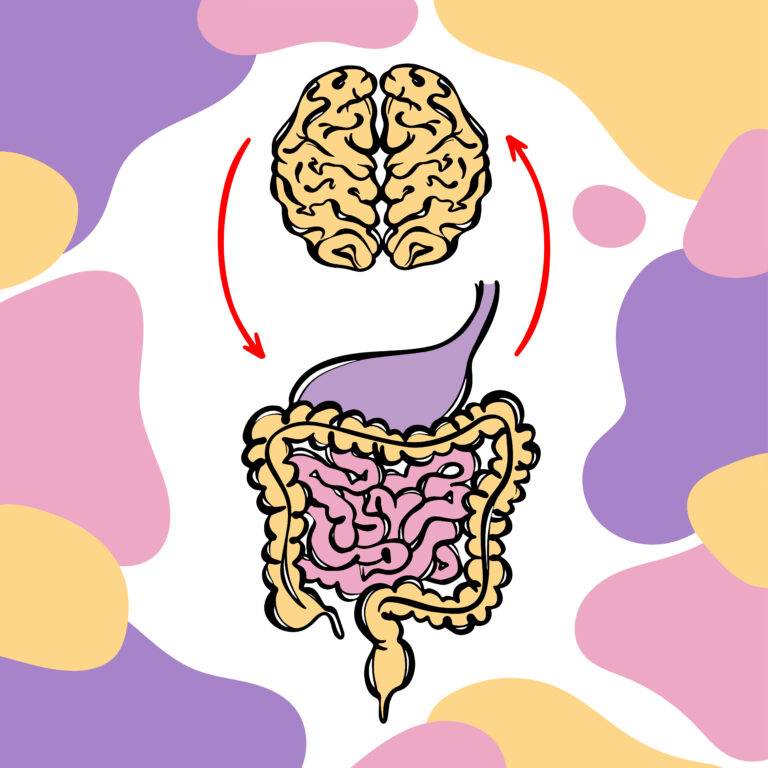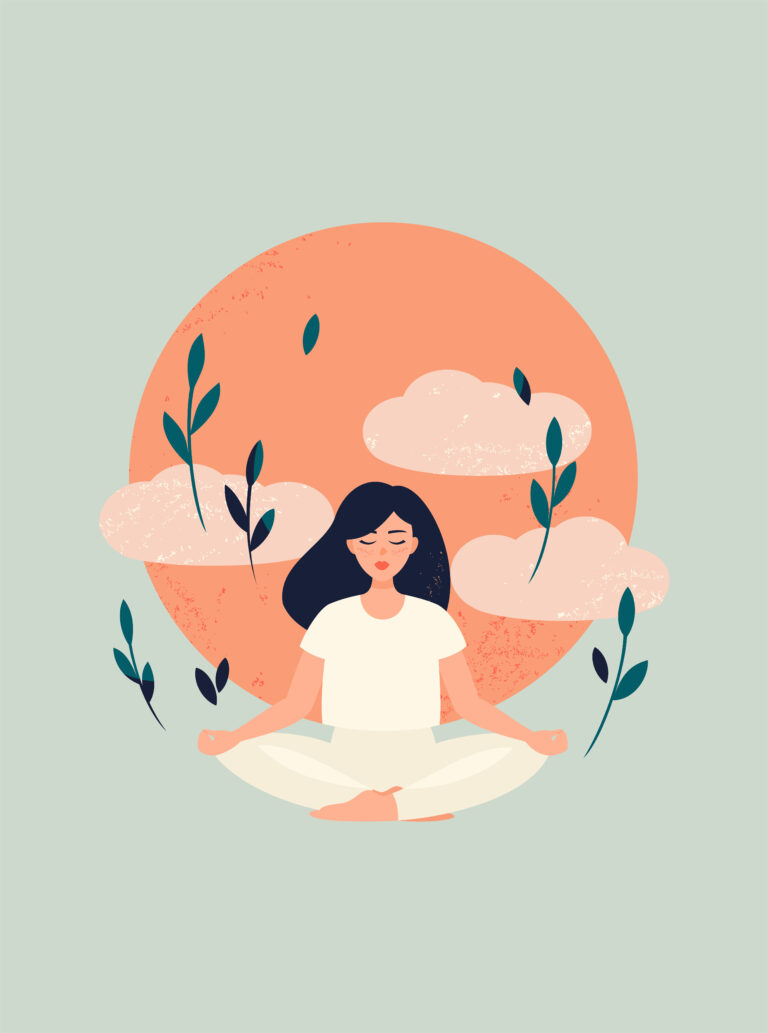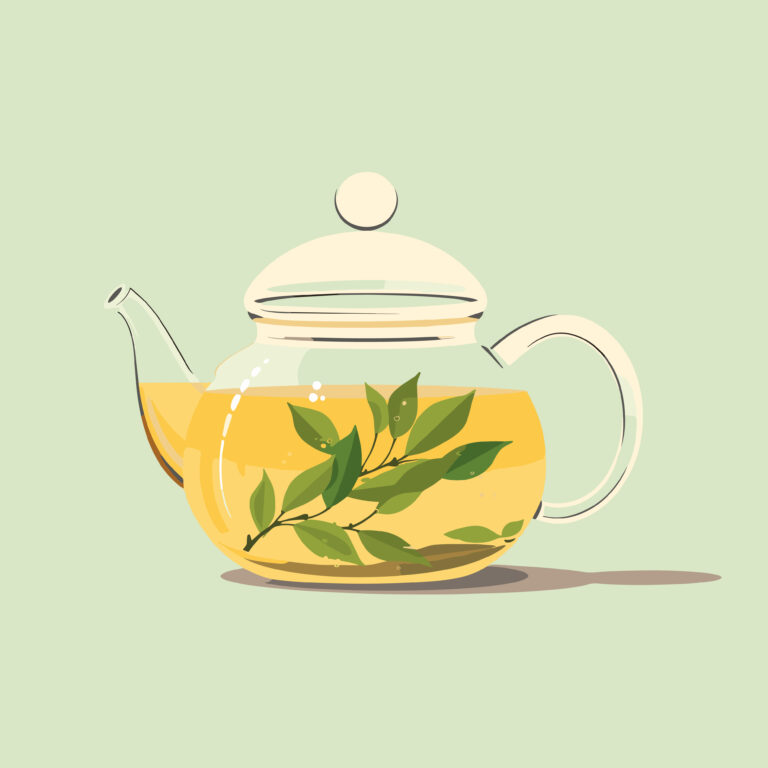With Love, Katie.
In a world overflowing with quick fixes and synthetic solutions, the quiet wisdom of herbs still whispers to us: healing can be simple and sometimes made with natural herbs.
For centuries, women and healers turned to the earth to soothe, strengthen, and nourish their bodies.
Today, we slowly remember what our grandmothers once knew: true health is holistic—rooted in nature, rhythm, and care.
Here are 3+1 natural herbs that beautifully bridge the ancient and the modern, offering gentle, powerful support for body, mind, and spirit.
1. Turmeric (Curcuma longa)
Native to South Asia, especially India, turmeric has been a sacred plant for over 4,000 years. In Ayurvedic and Traditional Chinese Medicine, it was prized for its deep healing properties.
Key Properties
Turmeric’s active compound, curcumin, is a powerful natural anti-inflammatory agent, but it is also a great antioxidant: it helps neutralize free radicals, protecting cells from damage.
Turmeric stimulates bile production and soothes digestive issues. It is often used for easing joint pain and stiffness.
How to Use and Store
Its forms are present as fresh root, dried powder, capsules, tinctures, teas. Keep dried turmeric powder in a cool, dark place in an airtight container. Fresh root should be refrigerated and used within a week. Combine turmeric with black pepper for better absorption of curcumin.
Precautions
Just like any other natural herb, turmeric has some side effects to. In large amounts, turmeric can thin the blood, so if you are on blood thinners or preparing for surgery, consult your healthcare provider.
2. Ginger (Zingiber officinale)
Ginger has its roots (pun intended) in ancient China and India. It was so highly valued that it was often considered a precious trade commodity.
Key Properties
Ginger promotes healthy digestion, eases nausea, and soothes stomach discomfort. Just like turmeric, it helps calm inflammation.
It supports circulation and strengthens immunity, but can also ease menstrual cramps, headaches, and sore muscles.
How to Use and Store
Fresh root, dried slices, powder, capsules, teas, syrups – ginger has a lot of forms.
As for storage, keep fresh ginger in the refrigerator (wrap it in a paper towel inside a bag), and powder in an airtight container, away from moisture.
Make it part of your beautiful daily rituals—grate a thumb-sized piece, steep it in hot water, add lemon or honey and enjoy your slow sip.
Precautions
High doses may cause heartburn or stomach upset. Moderation is key, especially during pregnancy. Do not forget to consult with your healthcare provider.
3. Echinacea (Echinacea purpurea)
Native to North America, echinacea was traditionally used by Indigenous peoples for wound healing, respiratory infections, and overall immune support.
Key Properties
Echinacea enhances the body’s natural defense mechanisms, but also may reduce the severity and duration of colds when taken at the first sign of symptoms. It is also helpful for soothing infections and minor wounds.
How to Use and Store
Echinacea it’s found mostly in two forms: dried flowers and roots, last one usually good for teas and tinctures. You can find echinacea in capsules and extracts too. Keep dried echinacea in airtight containers away from heat and light.
Echinacea works best when used at the onset of symptoms, not as a daily tonic.
Precautions
Some people may experience allergic reactions, especially if allergic to plants in the daisy family. Best avoided by individuals with autoimmune conditions unless guided by a practitioner.
+1. Holy Basil (Ocimum sanctum) — also called Tulsi
Holy Basil is revered in India as a sacred plant. It is known for its spiritual and medicinal properties. It’s often grown near temples and homes for its protective energy.
Key properties
Holy basil works as an adaptogen, as it helps the body adapt to physical and emotional stress. It promotes emotional resilience and calmness. Supports the respiratory system and strengthens natural immunity.
How to Use and Store
Use fresh or dried leaves for tea. You can find Tulsi in tinctures and capsules. Keep dried Tulsi in an airtight container in a cool, dark place.
Sip tulsi tea in the evenings to unwind and nourish your nervous system.
Precautions
Holy Basil is generally safe for most people, but it may lower blood sugar, so those with diabetes should monitor their levels carefully.
A Few Gentle Reminders About Herbal Healing
Just because something is natural doesn’t mean it’s harmless: in either case, listen to your body, start small and if you feel insecure, please consult with a practitioner. If you have underlying conditions or take medications, it is very important to see your healthcare provider.
Always choose organic, ethically sourced herbs to ensure purity and potency.
Herbal healing works in harmony with your body’s natural rhythms. It may take time—but it builds strength at the roots, not just the surface.
Reconnect
In every cup of golden turmeric milk, in every sip of ginger tea, in every breath of tulsi steam—you are reconnecting with something ancient.
You are remembering that healing doesn’t always come in a bottle or a prescription, but you see, sometimes from patience, trust, and the gentle wisdom of the earth.
Natural herbs and holistic health isn’t a destination, but rather a daily return to nature.







